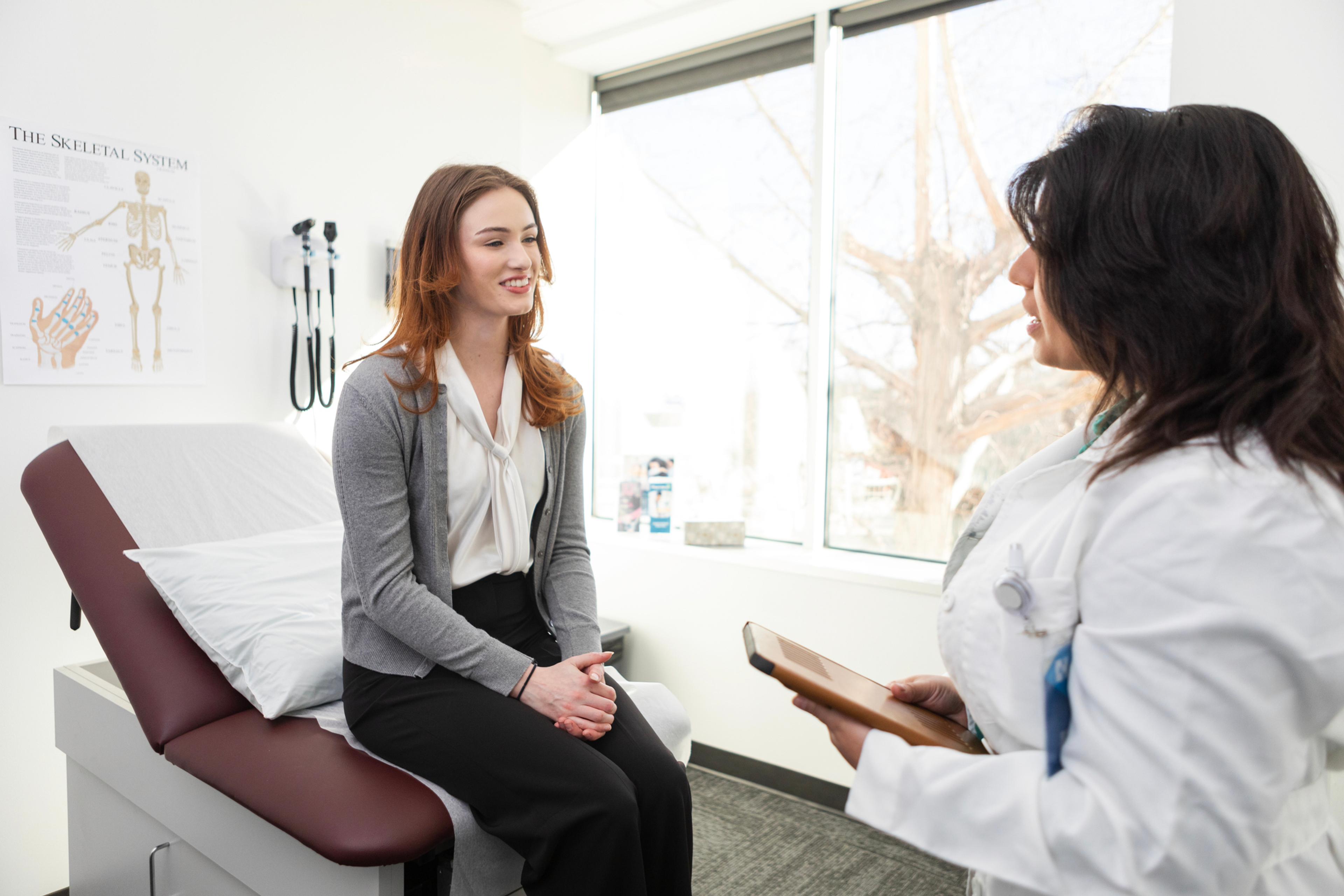How Recovery Advocates in Livingston Help Women Take Back their Lives
Amy Barczy
| 3 min read
Amy Barczy is a former brand journalist who authored...

When women come to the Women’s Recovery House in downtown Howell, they are at a fragile point in their lives. They’ve burned bridges and scorched relationships. They’ve likely lost more than they thought they would when they first started abusing substances – possibly including their children. Over time, due to their substance use disorder, most of their remaining friends are connected to their addictions. Recovery Advocates in Livingston provides a home for women in recovery to build a new foundation for their lives. The Women’s Recovery House is structured to help women learn how to cope with the demands and stresses of the world in healthy ways without turning to substances for help. Often, women in recovery have never learned how to manage their feelings, said Director Anne King-Hudson. That internal work is just a piece of the puzzle. Relearning life skills, developing a daily routine, completing chores and finding a job or enrolling in school are also important parts of recovery. And because the women living in the sober house are all on a similar journey, they’re not alone. In addition to the support provided by the Recovery Advocates staff, the residents of the home make new bonds with each other. Finding meaning in sober relationships is part of what makes the sober home successful for women in recovery. The sober living home allows residents to adjust to independence with the safeguard of around-the-clock support, King-Hudson said. The work of the sober living recovery home is especially important given its location. Livingston County has many rural communities – where residents face substantial barriers to treatment for substance use disorders. Rural areas often have fewer providers, resources, facilities and services – barriers in access to care that can be incredibly hard for individuals with substance use disorder to overcome. The work of Recovery Advocates in Livingston is made possible in part through a grant from the Blue Cross Blue Shield of Michigan Foundation. Recovery Advocates in Livingston is open to women in recovery age 18 years and older who live in Livingston County. Residents of the sober home, which opened in 2021, may be referred from treatment programs or from court involvement. Kelly Brittain, senior program officer with the BCBSM Foundation, noted: “The Foundation has a statewide focus on the substance use disorder recovery needs of Michigan residents, and has a special focus on rural areas to help address the barriers faced by rural communities. We are pleased to support Recovery Advocates in Livingston, as a sober living residency environment providing case management as part of their housing, a national model for recovery housing.” More from MIBluesPerspectives:
Photo credit: Getty Images





